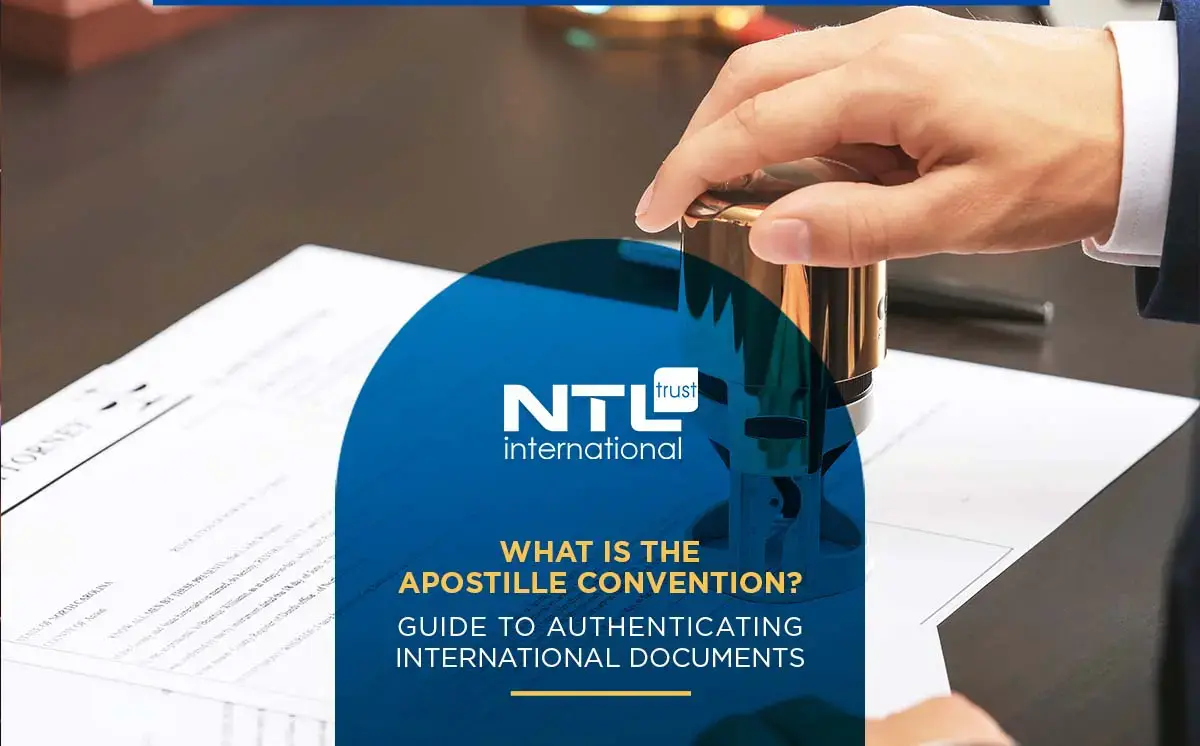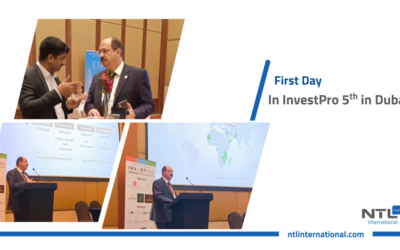
What is the Apostille Convention?
Guide to authenticating international documents
In today’s world, the Apostille Convention plays a crucial role in simplifying the process of legalizing international documents and ensuring the smooth exchange of documents between countries. Whether you are involved in international business, legal matters, or personal affairs, understanding the Apostille agreement can save you time, money, and unnecessary hassle. In this article, we will explore the Apostille agreement, its importance, and how it can benefit investors and companies around the world.
When was the Apostille Convention established?
It is an international treaty created to simplify the process of legalizing public documents for use in foreign countries. The Convention was adopted on October 5, 1961 in The Hague, Netherlands, and entered into force on January 24, 1965.
This agreement is also known as the Hague Convention for the Abolition of the Requirement for Legalization of Foreign Public Documents, and its primary purpose is to facilitate the recognition of public documents across participating countries. These public documents include birth certificates, marriage licenses, diplomas, legal rulings, and more.
What does an apostille certificate include?
An apostille certificate contains basic information, including the name of the issuing body, date of issue, signature of the authorized person, and a unique identification number. This certificate is attached to the document in question, making it valid and legally acceptable in any other country that is a member of the Convention.
What are the objectives of the Apostille Convention?
One of the main goals of the Convention is to eliminate the long and expensive process of authenticating or authenticating documents. Before the Apostille agreement, individuals and companies seeking to use foreign documents often had to go through multiple levels of certification, which could be time-consuming and often expensive.
Under the Apostille Convention, participating countries agreed to recognize the apostille as the only form of authentication required for foreign public documents. When a document is legalized, it receives a standardized certificate called an apostille, which verifies its authenticity.
What are the benefits of the Apostille Convention?
Simplified Process: One of the most important advantages of the Apostille agreement is the simplification of the document legalization process. Instead of going through complex and expensive procedures for each country, individuals and companies can use an Apostille certificate to verify their documents internationally.
Cost Savings Cost: The Apostille Convention is more economical than traditional authentication methods, which often require multiple steps and fees. With an Apostille agreement, you can save time and money.
Global Acceptance: The Apostille Convention has widespread international recognition, involving more than 120 countries. This global acceptance ensures that your documents are recognized and respected in most parts of the world.
The Apostille Convention simplifies the process of legalizing public documents for international use by providing a uniform certificate that is widely accepted among member states. This simplification reduces administrative burdens, lowers costs, and speeds up the document recognition process in foreign jurisdictions, making it a valuable tool for individuals, companies, and governments involved in international transactions and legal proceedings. The Caribbean countries are also signatories to the Apostille Convention, which greatly facilitates obtaining citizenship by investment and opens new horizons in investment.
The first and the second days of the Caribbean Summit 2019
It’s an amazing experience to have a second passport that gives you access to an infinite world of possibilities. The Caribbean Summit 2019 is an important event held every year, and helps people who intend to undertake international migration and acquire second citizenship understand this area.
Grenada Government Simplifies Citizenship Procedures
In an effort to simplify the process of obtaining citizenship, the Government of Grenada, one of the Caribbean islands, is seeking to make the application and follow-up process in two phases instead of one stage only. Therefore, the new procedure will significantly reduce the time taken for transactions.
What is the Turkish Portal (your key Turkey)?
It is an online portal for foreigners, launched by the Turkish Ministry of Environment and Urban Development. It is an easier way to obtain all information and consultations related to Real Estate, Real Estate Registration, and how to obtain Turkish citizenship by investing for foreigners wishing to buy real estate or/and obtain citizenship in Turkey.
NTL AT RAK International Exhibition for SME 2019
In response to a special invitation, NTL company represented by Mr. Imad Elbitar, Nationalities and Citizenship Expert, attended the opening of the (Ras Al Khaimah) RAK International Exhibition for Small and Medium Enterprises SME, followed by a luncheon that brought together many investors, diplomats and managers of participating companies from around the world.
First Day In InvestPro 5th – Dubai
InvestPro conference takes place in Dubai – UAE, at Oberoi Hotel for two days from 13 to 14 November.
NTL, represented by Mr. Imad Elbitar, Nationality and Citizenship Expert, and Regional Director for the Middle East and Turkey, participates in the conference.





